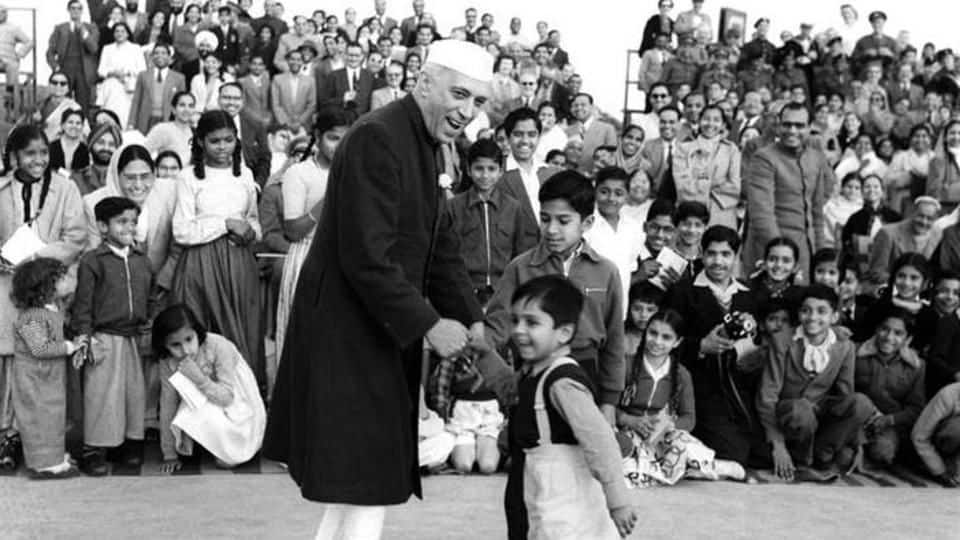
Jawaharlal Nehru: Visionary, charismatic statesman with his own quirks
What's the story
Jawaharlal Nehru, India's first PM, was a man of contradictions. Though democratic in approach, he had an authoritarian hold over his government.
Despite being a visionary, he wasn't a fan of pondering over details and seeing plans through.
This lover of western lifestyle could also identify easily with the masses.
On Nehru's 128th birth anniversary, here's revisiting some of this astute leader's signature traits.
Education
As an education supporter, Nehru gave us our IITs, IIMs
Many institutions but no quality education disturbed Nehru. He advocated academic freedom and foreign collaborations.
Nehru lamented that though foreign experts were "second rate," they were paid much higher than their more-abled Indian counterparts. To reduce this divide, he encouraged establishing IITs, IIMs and NID as world-class institutions.
Today, companies like Google and Microsoft line up to hire students from these institutes.
Development
As a visionary, Nehru contributed to India's core institutions
Nehru contributed to laying the brick and mortar of several scientific institutions. During his tenure, research labs at CSIR and DRDO and the Department of Atomic Energy were formed.
He spearheaded the creation of financial corporations like LIC, UTI and IDBI.
To promote art, he set up the Lalit Kala Akademi and Vividh Bharti.
Sustained power allowed him to ensure these became a reality.
PMship
As PM, Nehru left an indelible mark on policy
As PM, Nehru pioneered the policy of non-alignment, refusing to be cowed down by the rival blocks of USSR and USA.
Hindu law was amended to criminalize caste discrimination, and women's rights were expanded.
However, India's Planning Commission, formed to plan and control the economy, worked along socialist lines and failed to achieve targets. It ended up being another power-centre without any real power.
Defense
Blot on Nehru's career as PM: Losing 1962 India-China war
The biggest stain on Nehru's political career was losing the 1962 India-China war and miscalculating Chinese intentions.
He assumed that as former colonies, India-China shared solidarity and that China wouldn't attack another socialist country. He also felt India was safe behind the Himalayas.
Nonetheless, after China occupied Indian-territory, Nehru announced plans to overthrow them.
But China eventually attacked India, and India lost the war.
Legacy
Up-close and personal: Nehru had an eclectic taste
Personally, Nehru preferred an English lifestyle: he had trusted tailors in London for his trademark outfit achkan and sherwani. His sartorial choice led to a collar and vest-like jacket being named after him.
The book-lover's idea of relaxation was at-home discussions with scholars. The nature-lover assembled his own garden and zoo too.
Nehru, Modern India's architect, laid the foundation of India's Nehru-Gandhi dynasty.